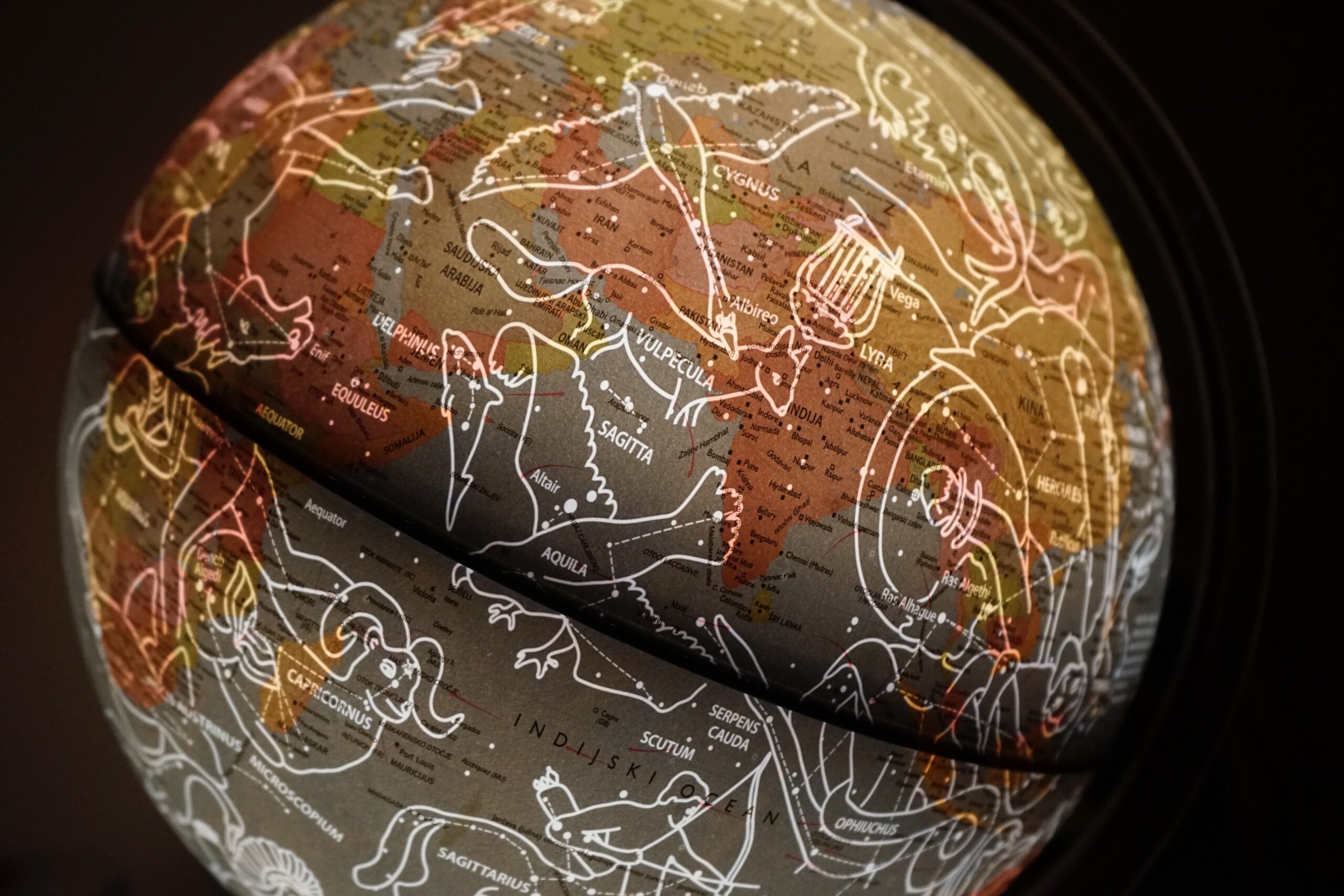Interconnection of Experiences

I started cooking during the lockdown in April 2020. I’d never enjoyed cooking, so it was out of character to create a meal from scratch – sourcing only fresh ingredients, without cutting corners, and dedicating more than two hours to its preparation. In 2020, I felt vulnerable, anxious and lost. I became obsessed with keeping close everything that felt familiar and predictable, one of which was my favourite noodle dish from childhood, the humble Singaporean Hokkien Mee. Recreating this dish was emotional. It had been five years since I’d tasted the real thing. This was a dish that could be found in every suburb in Singapore, costs only a few dollars at the local hawker centre and could be made to order in five minutes. The online recipe I followed promised a three-hour cook, but the combined effort was arduous and took up a whole day. I was tense, worried it’d taste nothing like I remembered. I had placed a lot of expectation on this dish to help me feel better.
What I didn’t expect was my reaction to the unapologetic, pungent scents when I’d been more concerned of the taste of the final dish. The rich, heady smell of prawn and pork belly stock simmering on the stove; the concentrated savouriness of garlic, egg and noodles tossed in a wok; the zing and spice of lime and sambal bringing everything together at the end. Cooking really is a visceral, sensory experience and through smells, I recalled childhood, growing up in a public housing flat, living in close quarters to the neighbours – up, down, right and left. In the day, I’d catch snippets of conversation in different languages and dialects, people singing karaoke, children squealing in the nearby playground, music from a radio, distant sounds of traffic. And at night, the muffled voices of news anchors or sports commentary on TV, the ebb and flow of students and working professionals making their way home and, most endearing of all, the strong scents of cooking. I wouldn’t know what was being made or where it was coming from, and I loved the pungent smells most – of salted fish, dried shrimp, garlic, fat, chilli. The smells of cooking told me that evening was approaching, that it was almost time for dinner and my family would be together again. I remember the evening as the liveliest part of the day, and I’d be lulled to sleep in my bed, adjacent to a window, listening to the gradual winding down of activity. This is what cooking the food of my childhood does to me, it brings me home.
My interpretation of ‘networks’ has been of the interconnection of experiences. How I remember my childhood in relation to my neighbours’ lives. And how an event such as a lockdown prompted me to start cooking a favourite dish that seemed far from reach, and in the process evoking memories of a childhood that was lived in close quarters to others, shaping an early understanding of what made me feel safe – the intimacy of a shared space, a collective presence, and the smells of cooking that call people home.
What does ‘Networks’ mean to you? Tell us more through poetry, visual art, photography or short stories here.
 Previous Post
Previous Post Next Post
Next Post